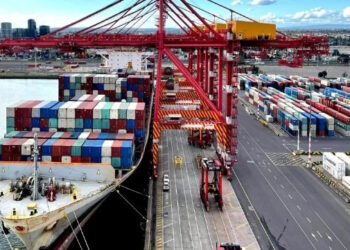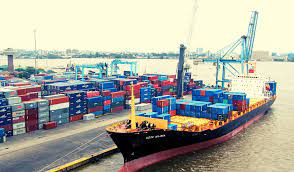
As Nigeria’s maritime sector navigates the new year, 2025 promises to be eventful, with significant expectations for reforms, innovation, and growth. From the Ministry of Marine and Blue Economy, to key agencies and unions, stakeholders are watching closely to see how the year unfolds. Here’s an in-depth look at the people, agencies, and places expected to shape the narrative in the maritime industry this year.
Ministry of Marine and Blue Economy
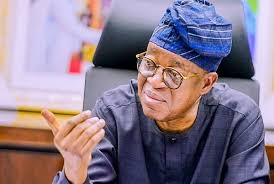
Two years after its creation, the Ministry of Marine and Blue Economy remains a work-in- progress. Conceived to harness Nigeria’s vast marine resources and consolidate oversight of the country’s maritime agencies, the ministry has yet to make a significant impact. Criticized for its slow pace of implementation and lack of strategic direction, the ministry is under intense scrutiny as it seeks to establish itself as a force for transformation.
One of the critical areas where the ministry is making waves is its push for the Coast Guard Bill. If passed, this legislation would create a dedicated body responsible for maritime security, complementing the efforts of NIMASA and the Nigerian Navy. However, this proposal has sparked controversy, with some stakeholders arguing that existing institutions should be strengthened instead of creating new ones. The debate over the bill is expected to dominate discussions this year, and its resolution could redefine Nigeria’s approach to maritime safety.
Furthermore, the ministry must address its role in driving the blue economy agenda. Nigeria’s untapped marine resources offer immense potential for job creation, revenue generation, and environmental sustainability. In 2025, stakeholders will be watching to see if the ministry can develop actionable policies to attract investment and promote innovation in areas such as aquaculture, offshore energy, and marine tourism.
Nigeria Shippers’ Council (NSC)
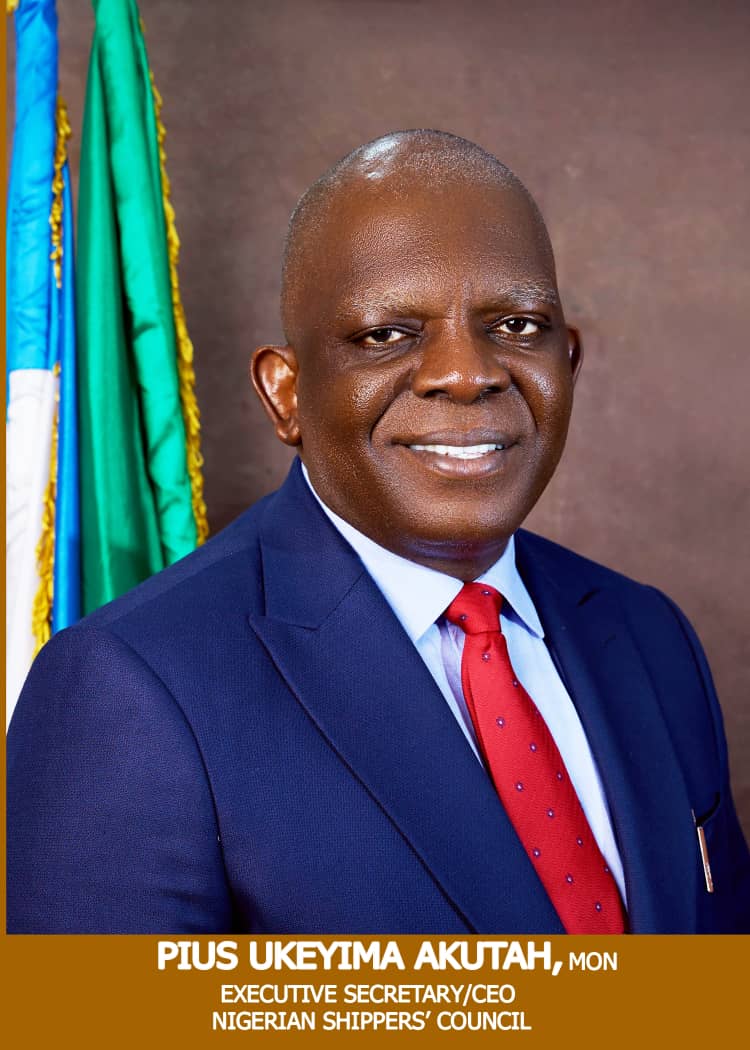
The Nigeria Shippers’ Council has consistently been a beacon of hope for the maritime industry, and 2025 should be no different. As the port economic regulator, the council plays a crucial role in fostering efficiency and fairness across the sector.
A significant development to watch this year is the progress of the Shipping and Port Economic Regulatory Agency Bill. Currently at an advanced stage, this bill seeks to empower the NSC with more robust regulatory authority, enabling it to tackle anti-competitive practices and drive reforms effectively. Should the bill become law, it could be a game-changer, positioning the NSC as a stronger force in ensuring that the maritime industry operates transparently and efficiently.
Additionally, the NSC’s efforts to promote inland dry ports and improve the supply chain infrastructure will remain a focal point. The council is also expected to continue advocating for lower shipping costs and better trade facilitation, ensuring that the maritime sector contributes meaningfully to Nigeria’s economy.
Nigerian Maritime Administration and Safety Agency (NIMASA)
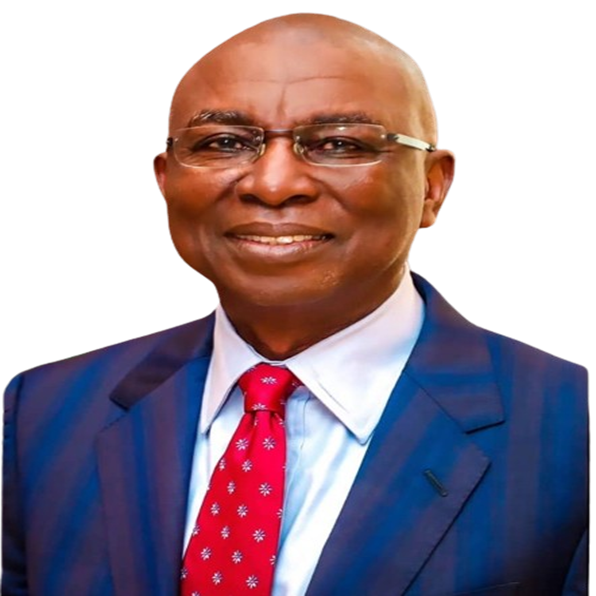
For an agency often regarded as the apex regulator in the maritime sector, NIMASA’s 2024 performance left much to be desired. Reports of sea robbery and kidnappings in the eastern waterways highlighted ongoing security challenges, raising questions about the agency’s effectiveness in safeguarding Nigeria’s maritime domain.
NIMASA’s inability to disburse the Cabotage Vessel Financing Fund (CVFF), despite numerous promises, remains a sore point for stakeholders. The fate of the agency’s floating dock is another lingering issue, with critics questioning why such an expensive asset has yet to fulfill its intended purpose. Additionally, the plight of cadets under the Nigerian Seafarers Development Programme (NSDP), many of whom were sent out of foreign schools in 2024 due to unpaid fees, underscores the need for better management and prioritization.
In 2025, NIMASA will face another significant test as it vies for re-election to the International Maritime Organization (IMO) Category ‘C’ council seat. Winning this seat would bolster Nigeria’s global maritime influence, but failure could further dent the agency’s credibility. Stakeholders are eager to see how NIMASA addresses these challenges while positioning itself for a more impactful year.
Nigerian Ports Authority (NPA)

As the landlord of Nigeria’s ports, the NPA is always in the spotlight. While the authority made commendable strides in 2024, including securing a US$700 million loan for port rehabilitation and acquiring new tugboats, it also faced criticism for delays in renewing terminal operators’ licenses.
One of the most troubling incidents last year was the death of a maritime worker due to poor terminal infrastructure. This tragic event which occurred late last year, underscored the urgent need for comprehensive rehabilitation of dilapidated terminals. The NPA’s ability to address these infrastructure gaps while maintaining operational efficiency will be closely monitored in 2025.
Additionally, the authority’s push for a port community system platform to streamline port operations could significantly enhance efficiency if successfully implemented. Stakeholders are watching to see how the NPA balances these priorities while continuing to drive growth in the sector.
Maritime Workers Union of Nigeria (MWUN)

The MWUN is not just a union; it is a powerhouse capable of influencing government policies and operations in the maritime sector. However, the union is at a critical juncture as its President-General; Comrade Adewale Adeyanju, prepares to step down in March 2025.
Historically, MWUN elections have been fraught with tension and, in some cases, violence and even casualties. While the election that brought Adeyanju to power was notably peaceful, stakeholders are uncertain whether the same calm will prevail this time. The identity of Adeyanju’s successor and the union’s ability to maintain stability will be a major talking point in 2025.
National Inland Waterways Authority (NIWA)
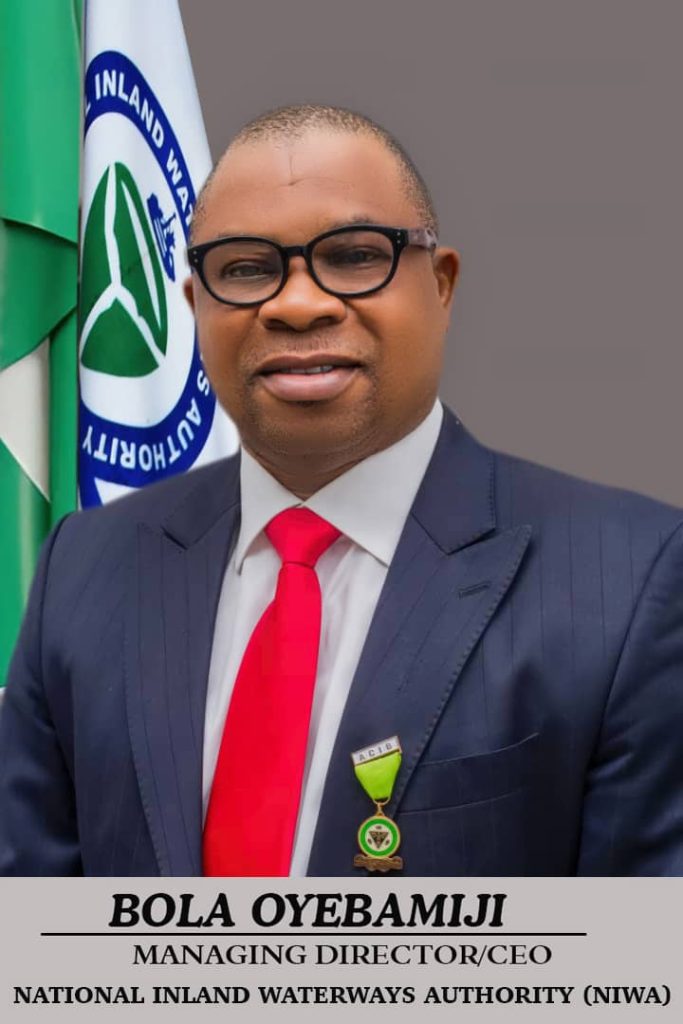
NIWA endured a turbulent 2024, with frequent boat mishaps resulting in numerous deaths. The agency was often in the news for all the wrong reasons, raising concerns about its capacity to regulate Nigeria’s waterways effectively.
In response, NIWA has promised stricter enforcement of safety measures and greater collaboration with stakeholders. The agency’s success in reducing accidents and improving public confidence in inland water transport will be a key measure of its performance this year.
Council for the Regulation of Freight Forwarding in Nigeria (CRFFN)
If there’s one agency that embodies drama, it’s the CRFFN. The council has been mired in controversies, with freight forwarding associations perpetually at loggerheads with the agency. The appointment of Kingsley Igwe as Registrar in late 2024 has only added to the turmoil, with some associations challenging his legitimacy in court.
The CRFFN must find a way to rise above these internal divisions and deliver on its mandate. However, with no resolution in sight, stakeholders fear that 2025 could be another year of face-off, and failures for the council.
Association of Nigerian Licensed Customs Agents (ANLCA)
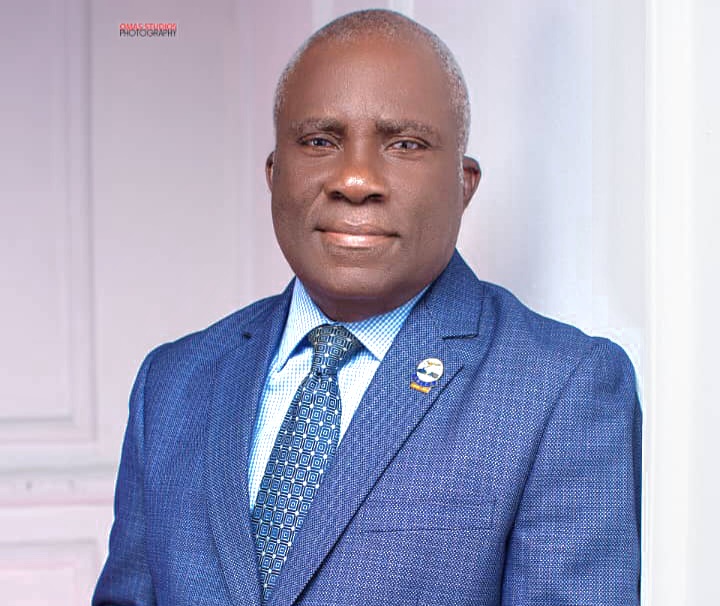
ANLCA has been in disarray for years, plagued by internal strife and leadership crises. However, the association’s upcoming chapter elections in February 2025 offer a glimmer of hope. These elections will be a litmus test for ANLCA’s ability to rebuild and re-establish itself as a unified body. No doubt, it used 2024 to stabilise its national leaderships.
The maritime industry will be watching closely to see whether the association can overcome its challenges and reclaim its position as a key stakeholder.
Nigeria Customs Service (NCS)

The NCS is arguably the most prominent government agency in the maritime industry. Having generated an impressive revenue in excess of N6 trillion in 2024, the service has been tasked with an ambitious target of N12 trillion for 2025.
Achieving this target will depend on various factors, including trade volumes, exchange rates, and the service’s ability to curb smuggling. As the NCS continues its modernization efforts, including automation of its processes, its performance will have far-reaching implications for Nigeria’s economy.
With so much at stake, 2025 promises to be a defining year for Nigeria’s maritime sector. From policy reforms to leadership changes, every move made by these key players will be closely scrutinized by stakeholders and observers alike.





